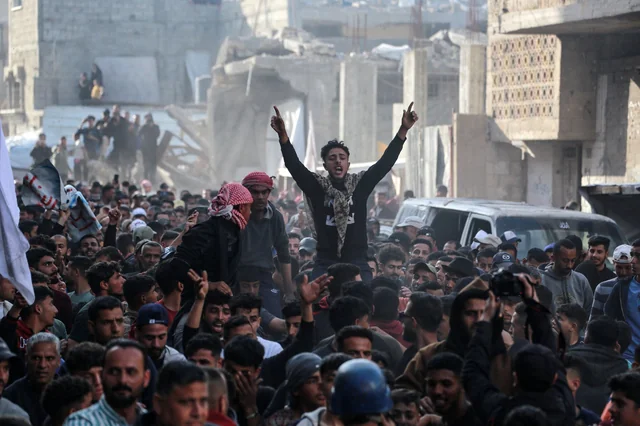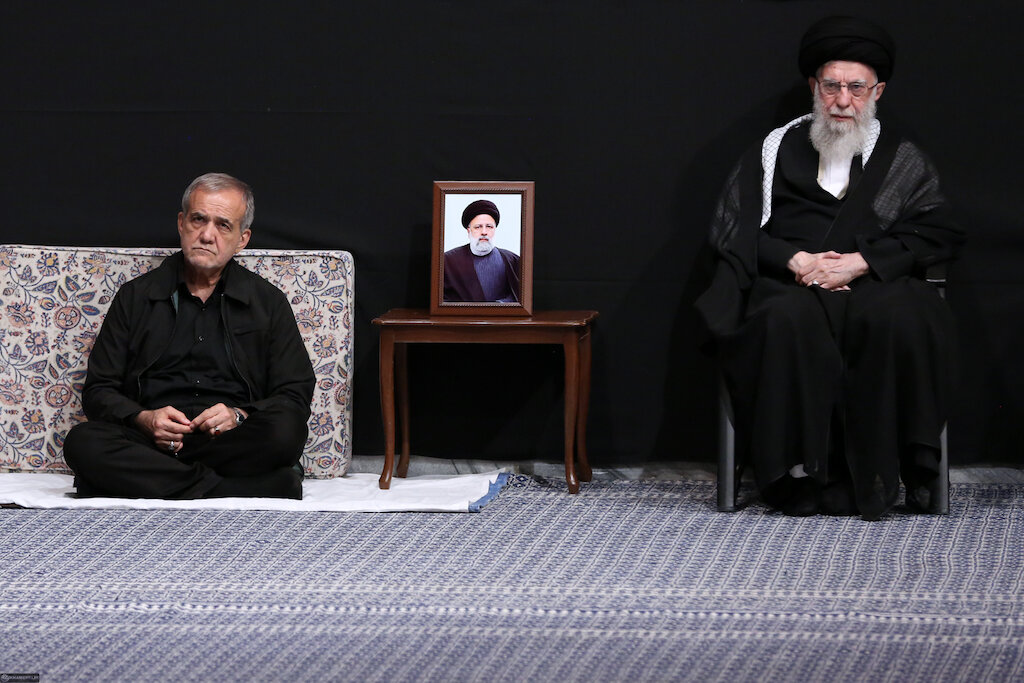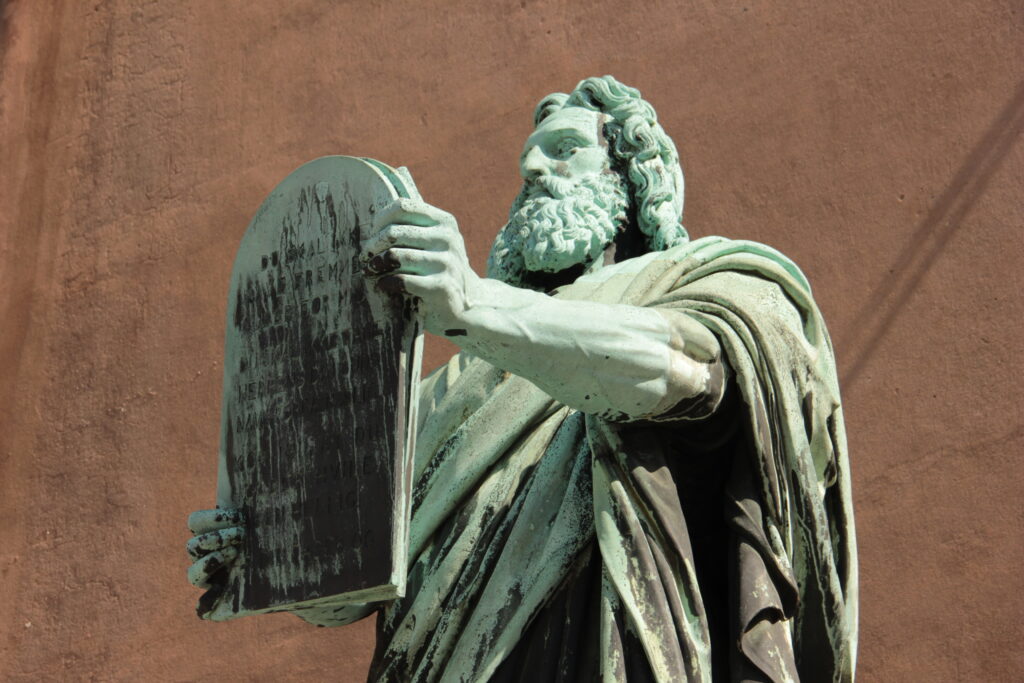UPDATES
More Quiet corners of the Arab Spring
July 19, 2011 | Tzvi Fleischer
Following up on Geoffrey Levin’s post yesterday on the Jordanian Hashemite Monarchy’s apparent success so far in weathering the Arab Spring, it is worth noting some other countries which also appear to be managing the protest movements fairly successfully – especially Iraq and Morocco.
A new piece in the latest Middle East Quarterly by Sterling Jenson, a former US official in Iraq turned academic analyst, sees the elected Iraqi regime coming out of its encounter with the Arab Spring protest movement stronger than ever, and possibly able to serve as a model for other regional actors. Jenson writes:
Although the government was confronted with almost daily demonstrations, which led to a number of high profile resignations and the use of force to suppress political dissent, Prime Minister Nouri al-Maliki felt sufficiently confident to boast that “Iraq has become the most stable country in the region.” While this may seem a bold claim given the recent past, Maliki is not alone in showing confidence in Iraq’s prospects. The Sadrists, Kurds, and leaders of the primarily Sunni Iraqiya bloc have been equally upbeat about the country’s prospects while many Iraqi insiders believe that their battle-torn country will not only weather the instability but will also serve as a model for democracy.
Indeed, the democratic system established in Iraq through its second elected government in six years is becoming more representative and responsive to the people.
Jenson concludes that:
The Arab revolutions have given the Iraqi government added confidence that it will emerge from the last eight years of conflict stronger and more capable of playing a leading role in the Middle East in the next decade or two…If Baghdad is able to resolve its internal disputes peacefully and improve government efficiency through modest reforms, its future will be bright.
Meanwhile, Morocco has responded to the Arab Spring movements in ways similar to Jordan with King Mohammad VI leading a process of reforms, including a new constitution passed overwhelmingly in a referendum on July 1.
in the latest Jerusalem Report, Tel Aviv University expert Bruce Maddy-Weitzman offers some details about how the Arab Spring manifested itself in Morocco, and how the government’s response has been received:
To be sure, a loose amalgamation of youthful activists, organizations and parties demanding fundamental reforms did arise, and security forces occasionally employed a heavy hand in repressing demonstrations. But the protests never reached a critical mass, while the
Moroccan authorities, i.e. the Royal Palace, were proactive in their
response. They increased state subsidies on basic goods, raised
salaries for civil servants and promised a constitutional overhaul.
The upshot was that on July 1, 98.5 percent of Moroccan voters (73
percent of those eligible) endorsed a new constitution designed to
modernize Moroccan political life while maintaining the prerogatives
of the ruling Alouite monarchy. The absence of upheaval and the
veneer of reform measures further strengthened Morocco’s favorable
image in the West, one of a country characterized by a benevolent mix
of tradition and modernity, authenticity with openness to foreign cultures, political stability and evolution towards greater pluralism.
Maddy-Weitzman goes on to discuss some of the major innovations in the new constitution:
The new Moroccan constitution, which was drawn up by a cross-section of experts appointed by the palace, contains a number of potentially meaningful innovations. Ensuring human rights, gender equality
and a genuinely independent judiciary are considered core values.
Tamazight (Berber), spoken by up to 40 percent of the country’s population, is recognized as an official language of the state, alongside
Arabic – a historic achievement for the Berber movement. The constitution even acknowledged the Jewish contribution to Morocco’s
national identity.
The prime minister will now be the head of the political party that
receives the most votes, and his powers and that of the parliament are
somewhat enhanced.
The full piece is well worth reading.
Meanwhile, noted scholar Emmanule Ottolenghi, writing in Haaretz, offers a challenge to the forces fostering the Arab Spring: “Open the archives and let truth spring forth.”
He argues:
Insofar as the upheavals now shaking the Middle East and North Africa are genuinely democratic revolutions, they can illuminate a dark past. Arab governments had no interest in opening their archives to public scrutiny even to sympathetic researchers – for they knew that there was much to lose in revealing truth to a public so accustomed to their lies…
Revelations will be slow in coming – the process of sifting through decades of classified information will no doubt take time – but the persistent refusal of the old regimes to reveal the past suggests that they had much to hide. And revealing the truth will no doubt help dissipate the hatred these lies have sustained for so long…For decades, Arab autocracies have spread pernicious lies and historians have perpetuated them, fanning the flames of extremism across the Middle East.
As proof that they are turning the page on dictatorship, let Arab reformers lift censorship and open their state archives to the world.
Tzvi Fleischer
Tags: Iraq





